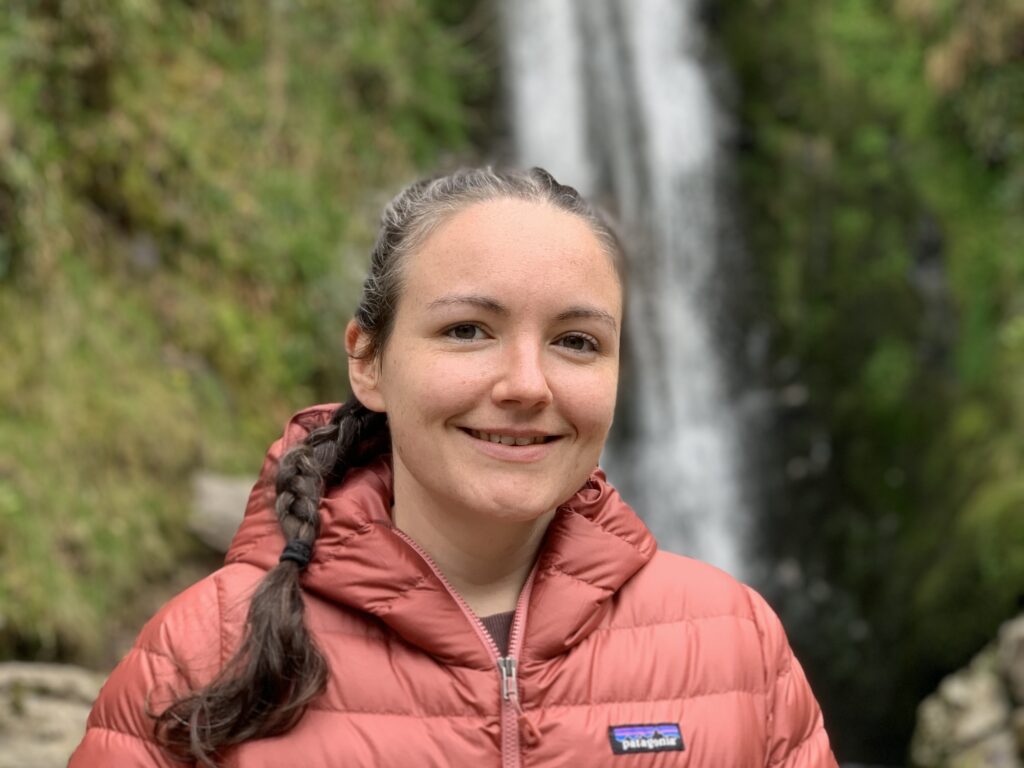
| Academic Year | 2023-2024 |
| gcrossan04@qub.ac.uk | |
| Institution | Queen's University, Belfast |
Biography
School: School of Biological Sciences
Project: Trophic interactions and the ecology of emerging lungworm infections under global warming
Supervisors: Eric Morgan, Sandra Telfer & Sarah Helyar
Undergraduate Education: Bachelor of Veterinary Medicine, Royal Veterinary College
Postgraduate Education: MSc Conservation Biology and Ecological Management, Queen’s University Belfast
Research: Parasites are a commonly overlooked cause of zoonotic disease and pose a threat to biodiversity and conservation. Angiostrongylus cantonesis is the leading cause of parasitic meningitis in humans globally, in addition to causing mortality in multiple threatened animal species. While closer to home, Angiostrongylus vasorum causes severe disease in domestic dogs and Crenosoma striatum is associated with respiratory disease in European hedgehogs which are classed as a vulnerable species in the UK. Many species of lungworm have a complex life history requiring multiple hosts to complete each cycle. Parasite-host encounters and thus parasite prevalences are determined by behavioural and ecological factors that are, as yet poorly understood. By following the flow of parasites across different trophic levels and under differing climates, risk factors for transmission can be identified. In turn allowing more targeted action by One Health practitioners in preventing zoonotic disease, as well as informing conservationists and wildlife rehabilitators about risks to vulnerable animal species.
This project aims to investigate the ecology and epidemiology of A. vasorum and C. striatum species within wildlife species in the UK. However, the findings will be used as a model for other closely related lungworm species. This is especially relevant given the recent incursion of zoonotic A. cantonensis into Southern Europe. I aim to use a combination of approaches to achieve this; behavioural experiments will be conducted on the feeding choices of gastropod host species in differing climates, samples from definitive hosts such as foxes and hedgehogs will be examined to determine how parasitic infection affects host fitness, and molecular techniques such as DNA metabarcoding will be used to track the movements of parasites through complex food webs.
Other:
- CASE partner: European Scientific Counsel for Companion Animal Parasites (ESCCAP) is a non-profit, independent advisory board that aims to provide best practice guidance to companion animal veterinary professionals and pet owners in the face of increased international pet travel and emerging parasitic diseases.
- Twitter/X handle; @gemzeb
Posts
There are currently no posts for this student.





















































